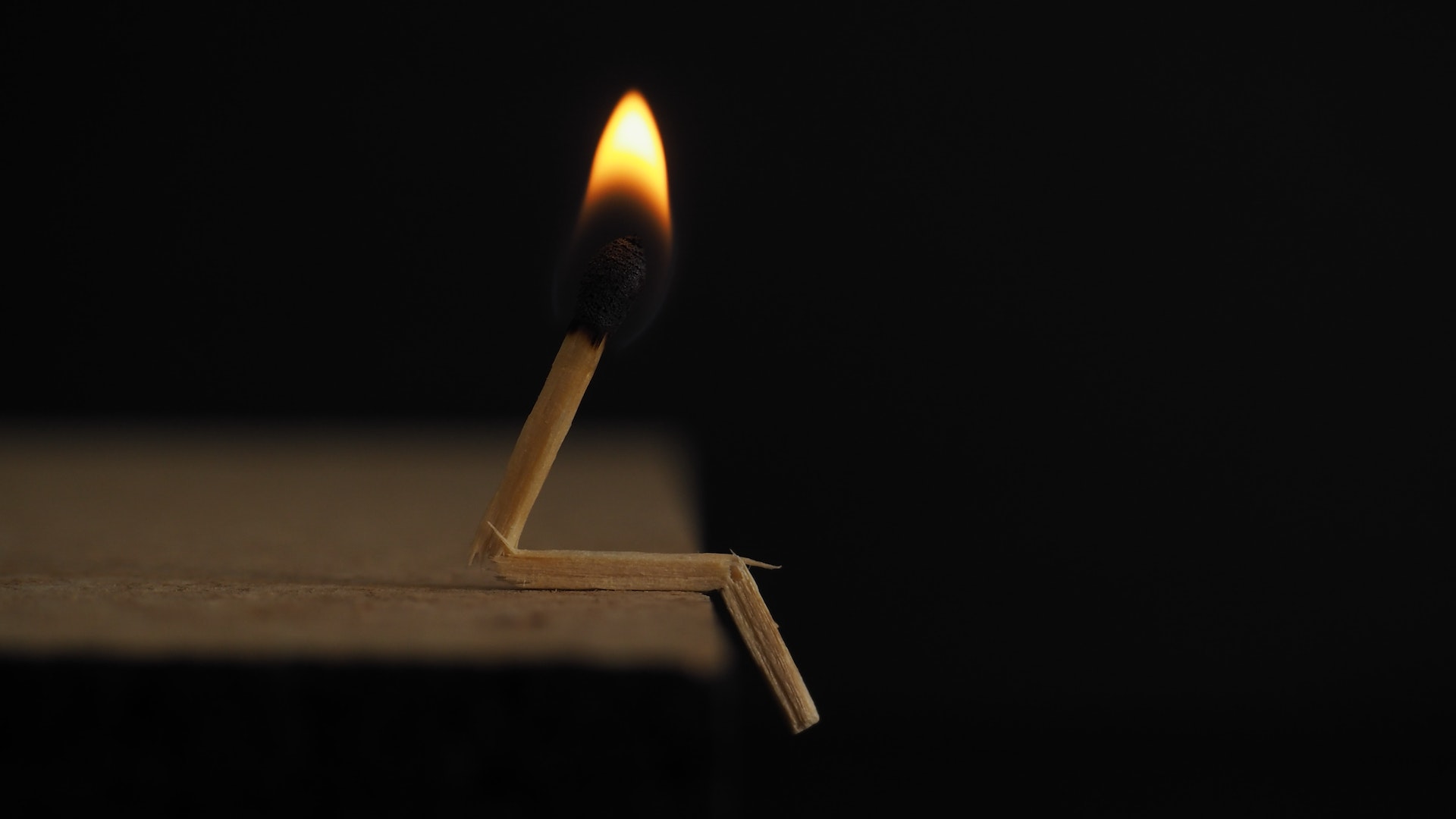Home is a safe place, but sometimes accidents can happen. In New Jersey, there are many different types of burn injuries that can occur at home, and many of them can be serious and even life-threatening. In this article, we will discuss the types of burn injuries, the legal implications of burn injuries, the causes of burn injuries, the prevention of burn injuries, the symptoms and treatments of burn injuries, the risk factors for burn injuries, and the conclusion.
Contents
Types of Burn Injuries
There are many different types of burn injuries that can occur in New Jersey, and each type of burn injury can have different levels of severity. The most common types of burn injuries include:
- Thermal burns: Contact with hot objects, flames, steam, and hot liquids.
- Electrical burns: Contact with electrical sources such as wiring and outlets.
- Chemical burns: Contact with caustic substances such as acids and alkalis.
- Radiation burns: Contact with ultraviolet radiation or radioactive materials.
- Sunburns: Overexposure to the sun’s ultraviolet rays.
Legal Implications of Burn Injuries
Burn injuries can have serious legal implications in New Jersey. Depending on the severity of the injury, the victim may be able to seek compensation for their medical expenses, pain and suffering, and other related costs. In cases where the burn injury was caused by the negligence of another party, the victim may be able to pursue a personal injury claim by contacting burn injury lawyers in New Jersey. Additionally, the victim may be able to pursue a wrongful death claim if the burn injury resulted in the death of a loved one.
Causes of Burn Injuries
Burn injuries are often caused by accidents or negligence. Some common causes of burn injuries include:
- Unsafe cooking practices: This includes leaving hot objects unattended, using open flames, or using flammable materials near a heat source.
- Electrical hazards: This includes faulty wiring, exposed outlets, and improper use of extension cords.
- Poorly maintained heating systems: This includes malfunctioning furnaces, boilers, and space heaters.
- Improper use of chemicals: This includes using caustic chemicals without proper safety precautions, such as wearing protective clothing and goggles.
- Sun overexposure: This includes not wearing proper sun protection, such as sunscreen and hats.
Prevention of Burn Injuries
In order to prevent burn injuries, it is important to practice safe habits at home. Some tips for preventing burn injuries include:
- Never leave hot objects unattended.
- Be aware of all electrical hazards.
- Check heating systems regularly to ensure they are functioning properly.
- Wear protective clothing and goggles when using caustic chemicals.
- Wear sun protection, such as sunscreen and hats, when outdoors.
Symptoms and Treatments of Burn Injuries
Burn injuries can have varying levels of severity and can cause pain, swelling, and redness. Depending on the severity of the injury, treatments may vary. Common treatments for burn injuries include:
- Cool compresses: You can use these to reduce pain and swelling.
- Oral medications: This includes pain relievers, antibiotics, and anti-inflammatory medications.
- Topical creams: This includes ointments and gels that can help reduce pain and promote healing.
- Surgery: This may be necessary in more severe cases to treat damage to internal organs, skin, and tissue.
- Physical therapy: This can help restore mobility and strength.
Risk Factors for Burn Injuries
There are certain risk factors that can increase the likelihood of a burn injury. These include:
- Age: Young children and the elderly are more prone to burn injuries due to their lack of awareness and mobility.
- Environment: Those who live in homes with poor safety measures, such as defective wiring and heating systems, are at a greater risk of burn injuries.
- Substance use: Those who use drugs or alcohol are more likely to get a burn injury.
- Occupation: Certain professions, such as chefs, electricians, and chemical workers, are more prone to burn injuries due to their exposure to heat and caustic substances.
- Smoking: Smoking increases the risk of fires, which can lead to burning injuries.
Conclusion
Burn injuries are a serious problem in New Jersey and can have serious legal, physical, and emotional consequences. It is important to be aware of the types of burn injuries, the legal implications of burn injuries, the causes of burn injuries, the prevention of burn injuries, the symptoms and treatments of burn injuries, and the risk factors for burn injuries. By taking the necessary precautions, it is possible to reduce the risk of burn injuries and keep your home safe.



